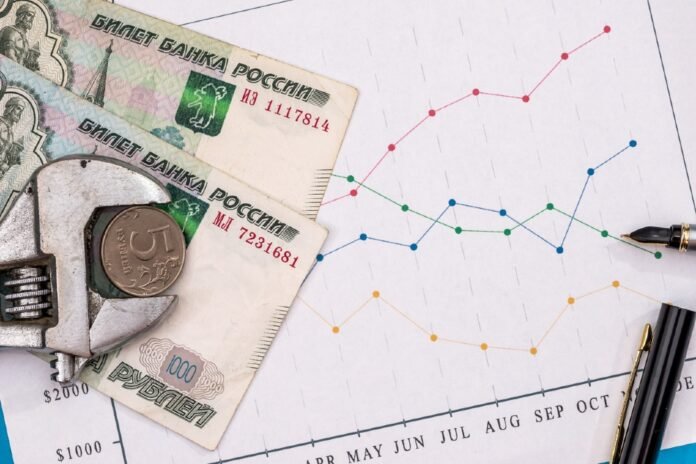In 2022, to stabilize the exchange rate of the national currency, the authorities took a series of measures, including increasing the key rate, restrictions on capital movements and the mandatory sale of foreign currency profits, the Alfa Capital analyst recalled. , Alexander Dzhioev.
“The authorities, taking into account the successful experience of last year, decided to return to the mandatory sale of foreign exchange earnings of exporters as the next step in the fight against the current weakening of the ruble. If this measure is effective, we, among other things, we may see a slowdown in inflation,” he believes.
Dzhioev noted that the opponent of this measure is the Central Bank of the Russian Federation, which has repeatedly expressed the need to stabilize the exchange rate by changing the key exchange rate. However, an unscheduled increase of 3.5 percentage points to 12% in August does not appear to have had a significant and lasting impact on the ruble, so the likelihood of other measures, including mandatory sales of earnings in currencies, the analyst said.
On the other hand, last year’s measures proved effective in other conditions. The main difference, according to Dzhioev, is the state of the balance of payments: in 2022, high oil prices and the containment of imports guaranteed a record surplus on the current account.
Now the volume of imports is growing against the background of the restoration of supply chains and economic growth, and the export part of the current account is falling both against the background of falling energy prices and the context of a decrease in physical export volumes. Therefore, even if the mandatory sale of export proceeds returns, the ruble should not be expected to strengthen to last year’s levels, since the volume of these sold proceeds will be smaller, the analyst is sure.
“All recent rhetoric from representatives of the financial and economic bloc, including this proposal from the Ministry of Finance, indicates that the breakout of the dollar above 100 rubles is a very undesirable event. This measure is designed to increase the supply of foreign currency , and last year provided significant support to the ruble,” former senior vice president of Otkritie Bank, economist Konstantin Tserazov, told RG.
But only then was the increase in the supply of currency accompanied by a decrease in its demand due to a sharp reduction in imports. Today imports have fully recovered, so in the current circumstances this measure may be less effective, he noted. However, the analyst admits that this can stabilize the ruble exchange rate for several months.
According to Tserazov, a significant change in the balance of currency supply and demand on the Moscow Stock Exchange in favor of the ruble is probably only possible through two administrative measures: the introduction of mandatory repatriation of export proceeds and/or the restriction of imports. . If there is a threat of a new wave of weakening of the ruble, then the need for repatriation may arise. Then, as was the case last year, this requirement may be periodically relaxed and then lifted entirely.
In turn, Maxim Chirkov, associate professor of the department of economic policy and economic measurements of the Institute of Economics and Finance of the State University of Management, believes that to stabilize the exchange rate of the national currency it is much more effective to use compulsory sale of profits in foreign currency, because then the foreign currency will be converted to the Russian ruble. “Repatriation alone will not solve the problem; it will create some difficulties for banks in making cross-border transfers. This, in turn, brings risks and difficulties for foreign banks providing funds,” he explains.
Of course, the introduction of such a measure is quite realistic, and if it comes into force, exporters will strictly follow all legal norms, says Chirkov.
Among the positive aspects, the expert highlighted the entry of money into the Russian banking system, the lower risks of storing Russian funds and assets in foreign financial infrastructure, and protection against sanctions.

